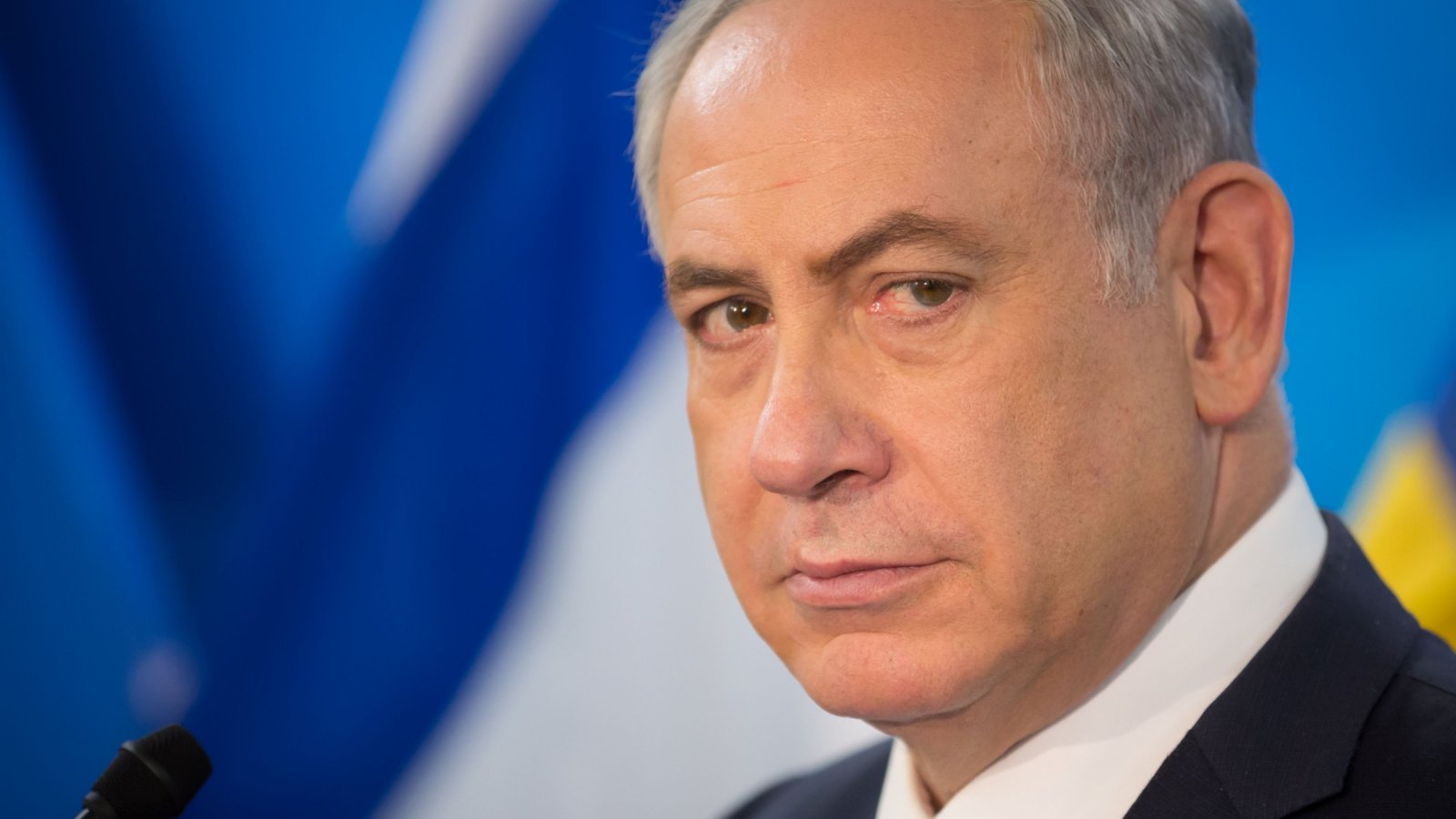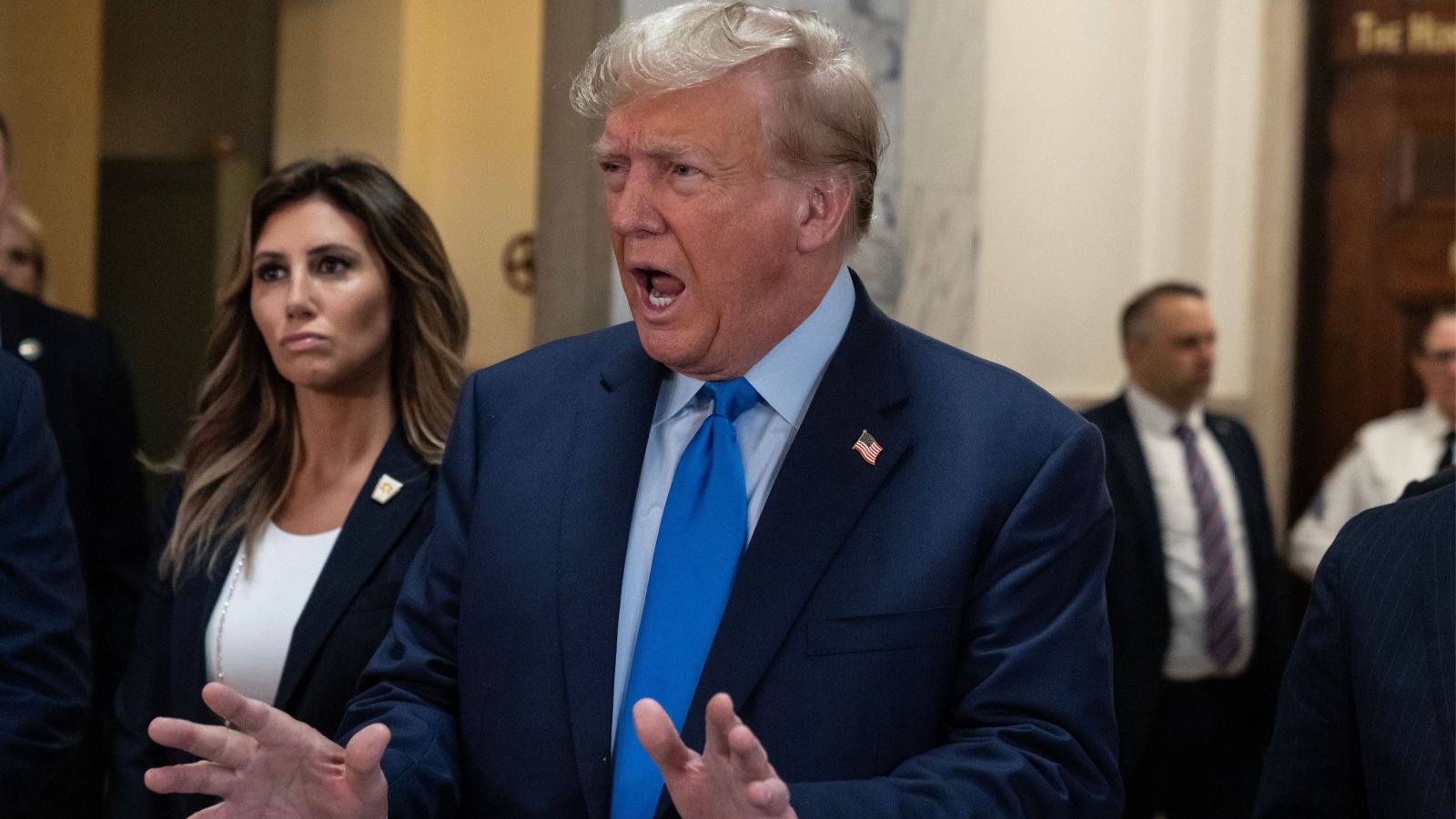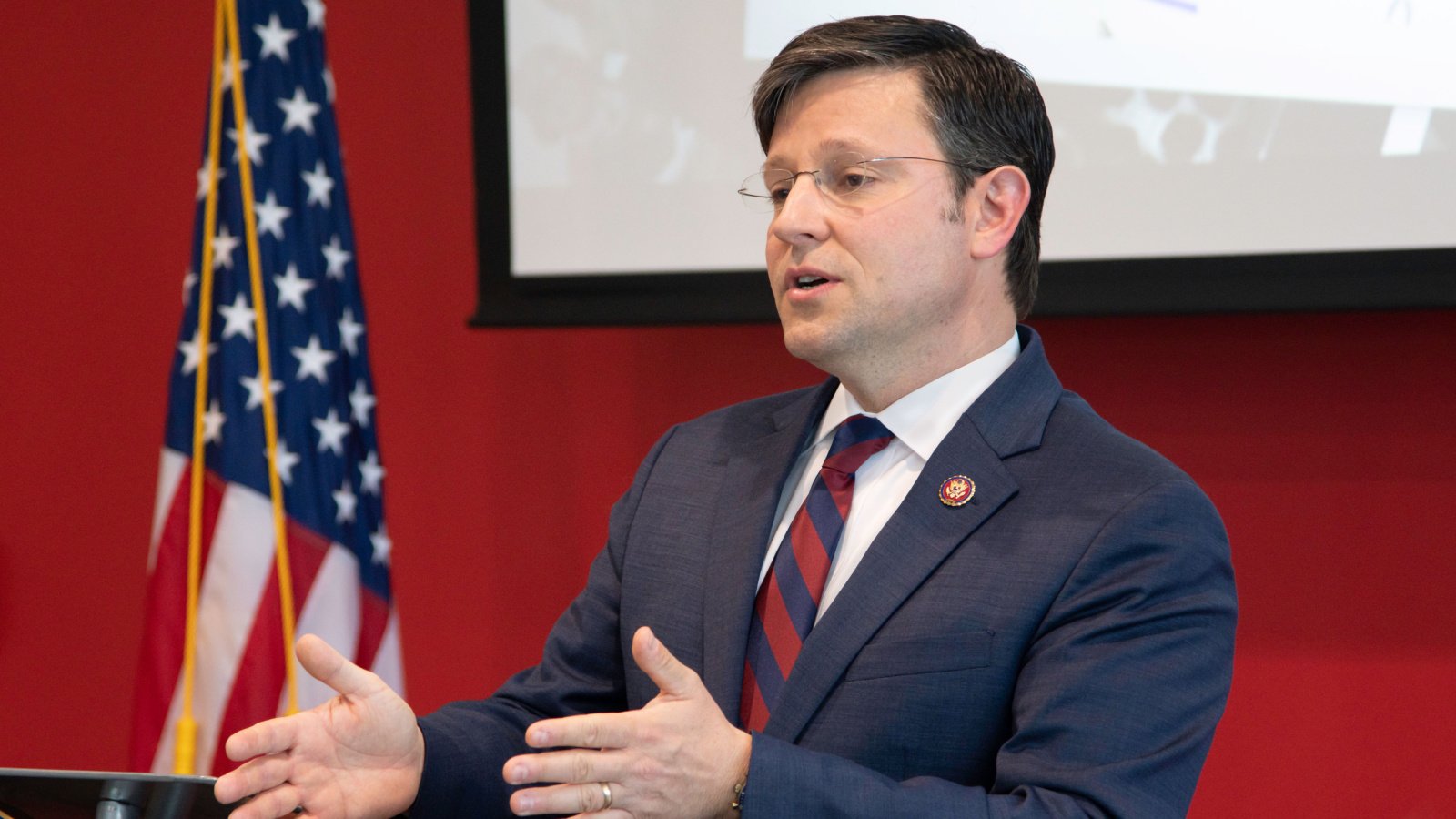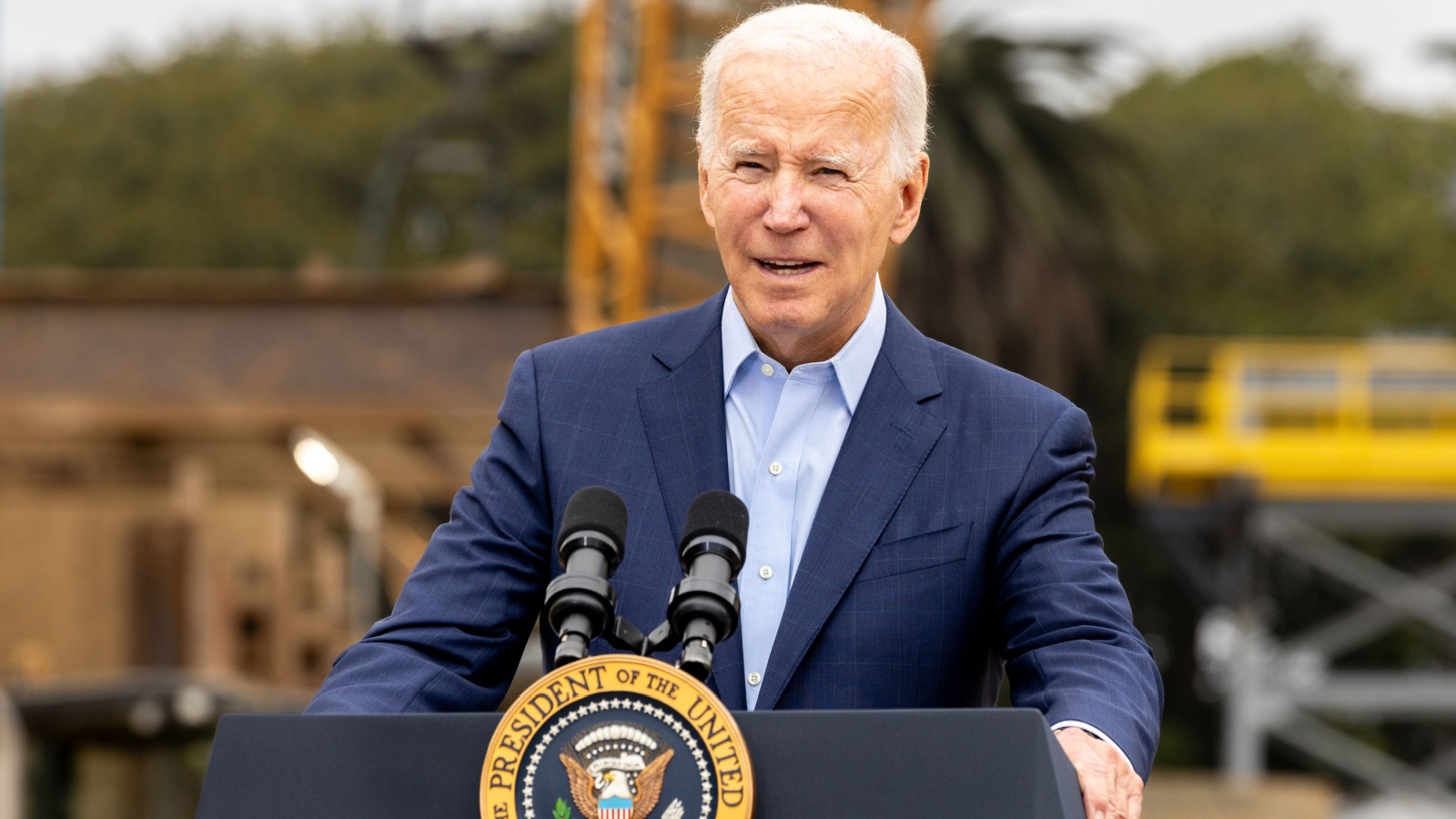Tactics are shifting as Israel and Hamas undertake potential ceasefire talks. Negotiators on the Israeli side have, for the first time, signaled a willingness to accept fewer hostages in the first stage of a ceasefire agreement. The ball is in Hamas’s court as to whether they take up the new negotiation framework.
Restarting Ceasefire Discussions
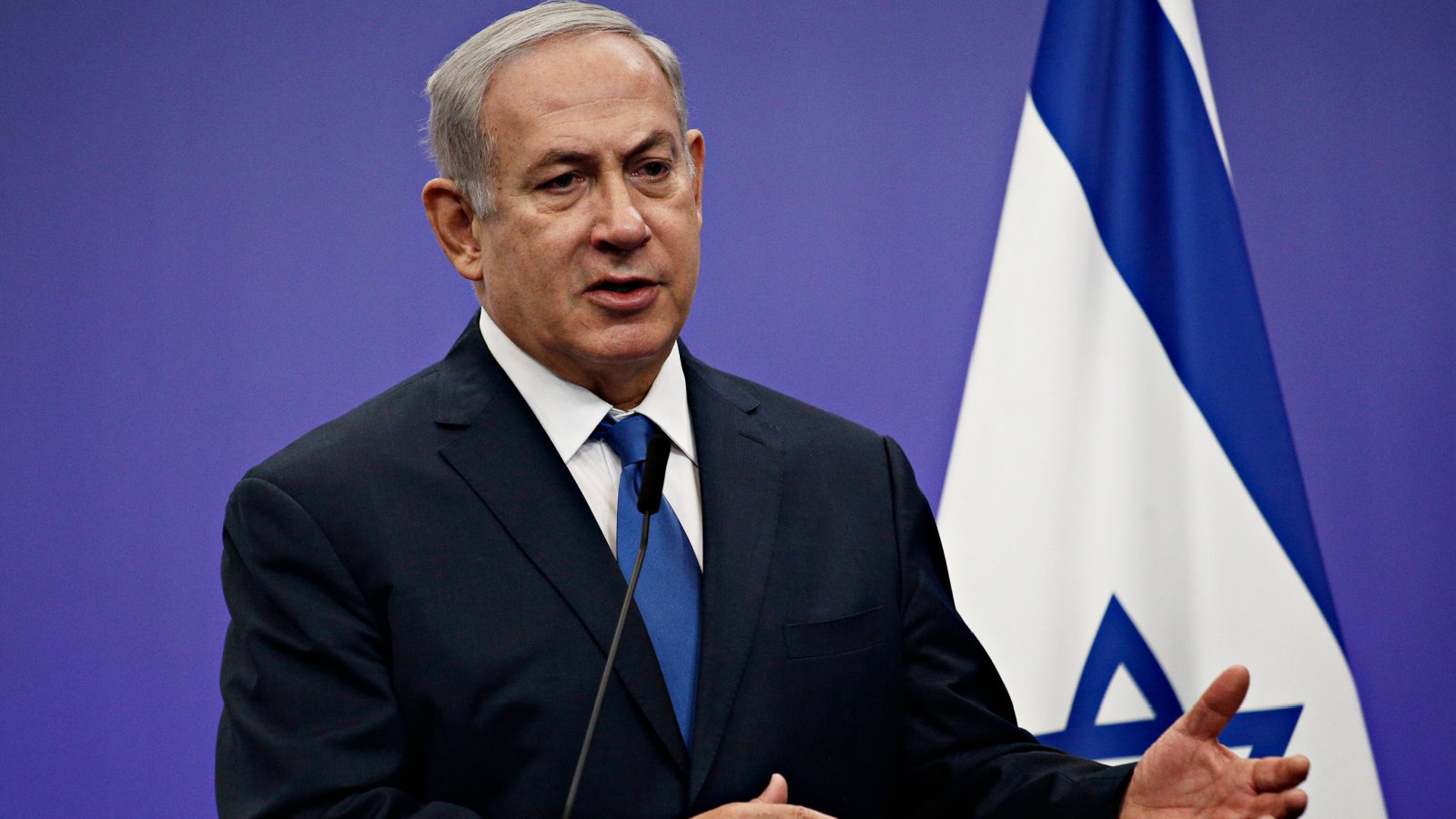
Israel will send a delegation to Egypt in hopes of reigniting negotiations with Hamas. Up until now, talks of a ceasefire have stalled for weeks, leaving all involved in the conflict in a defeated state of uncertainty and remaining on defense.
Hamas’s Reaction
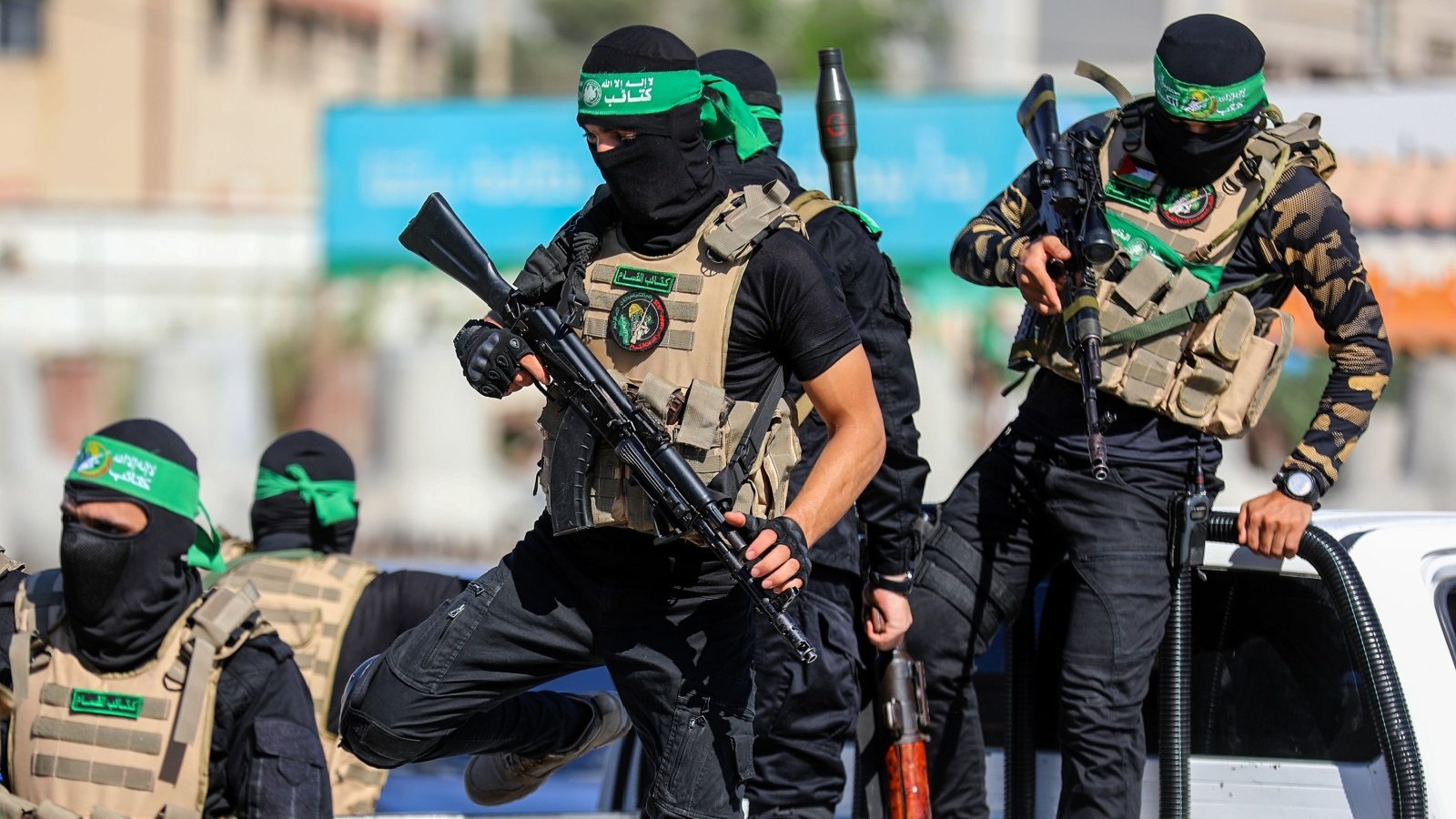
Hamas has not yet accepted Israel’s invitation to resume negotiations. A Hamas official signified that the group is considering Israel’s new terms to reopen talks.
International Perspectives
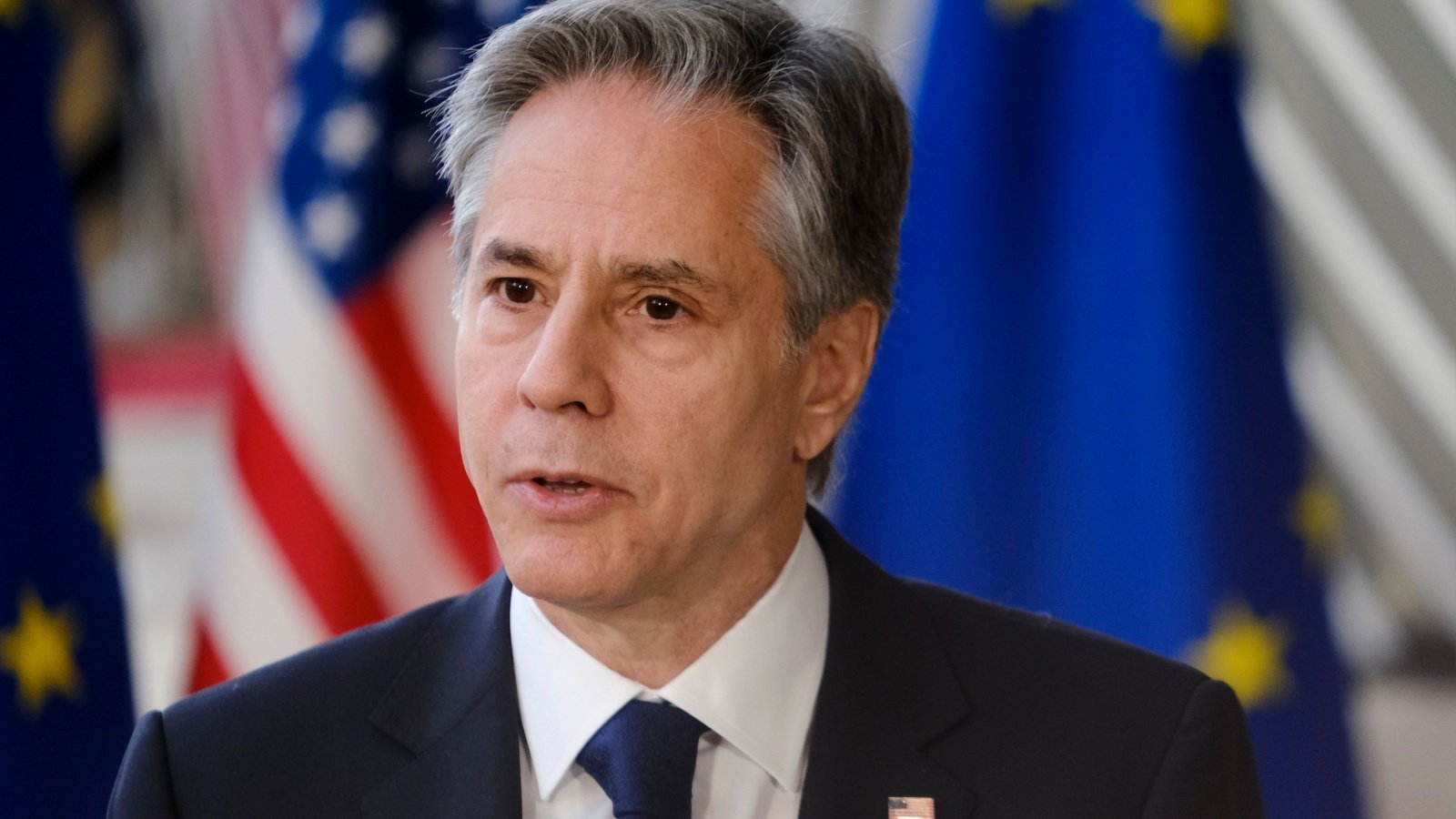
The international community is doing its part to urge the sides to reach an agreeable ceasefire understanding. U.S. Secretary of State Antony Blinken met with Arab diplomats and communicated the large concession represented by Israel’s offer vis a vis the number of hostages to be released by Hamas in the initial stage of a ceasefire.
The British and Egyptian Viewpoints
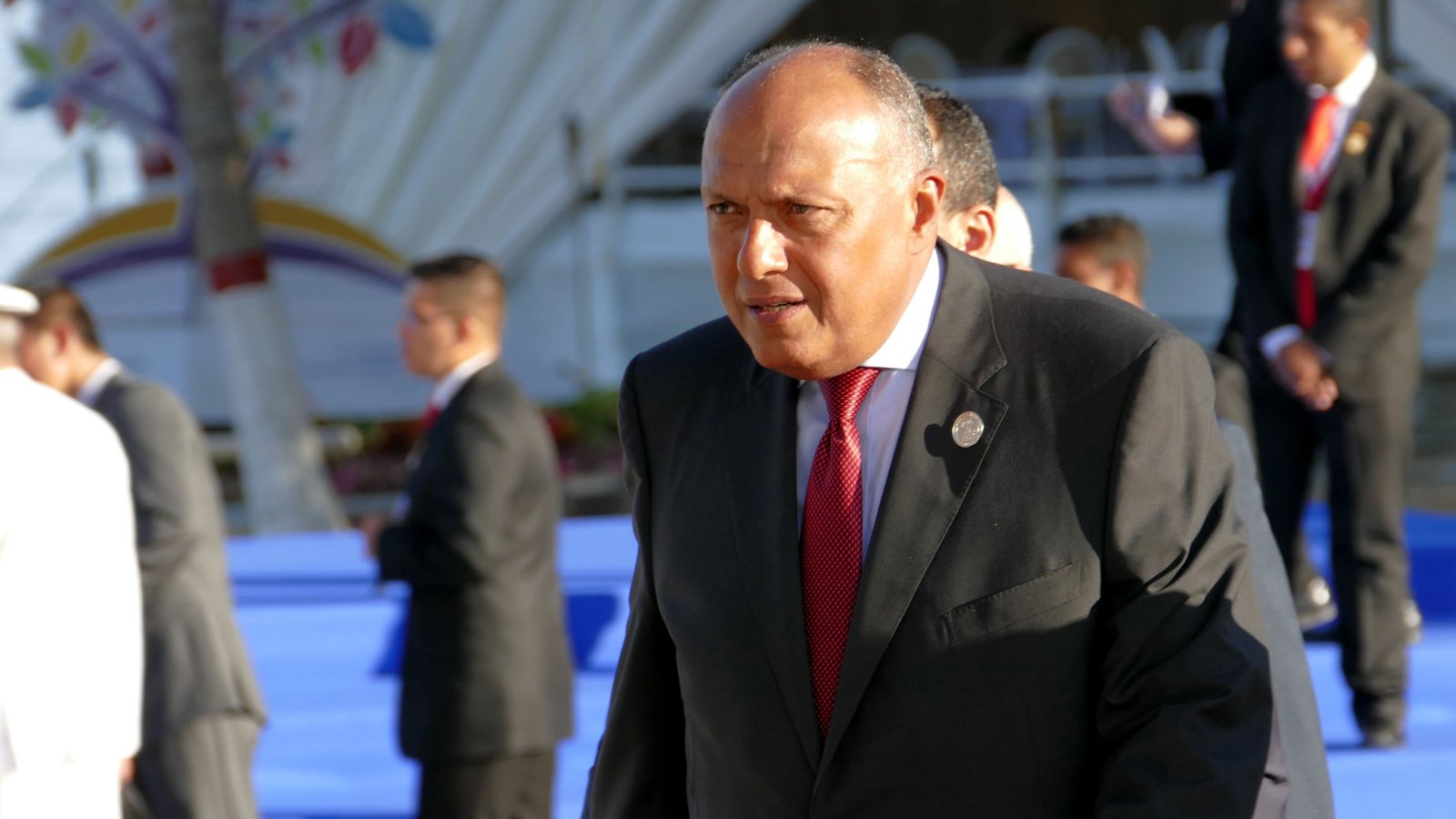
Likewise, British and Egyptian leaders spoke optimistically about the potential for terms of a ceasefire to be agreed upon. British Foreign Secretary David Cameron disclosed that terms of particular interest to Hamas could be a potential ceasefire of 40 days plus a prisoner-hostage exchange.
U.S. Involvement

President Biden has also been involved in discussions with negotiators and leaders from Egypt and Qatar, as well as being an ally of Israeli Prime Minister Benjamin Netanyahu. This is a demonstration of the desire of all world powers to resolve the prolonged conflict in the Middle East.
Remaining Challenges
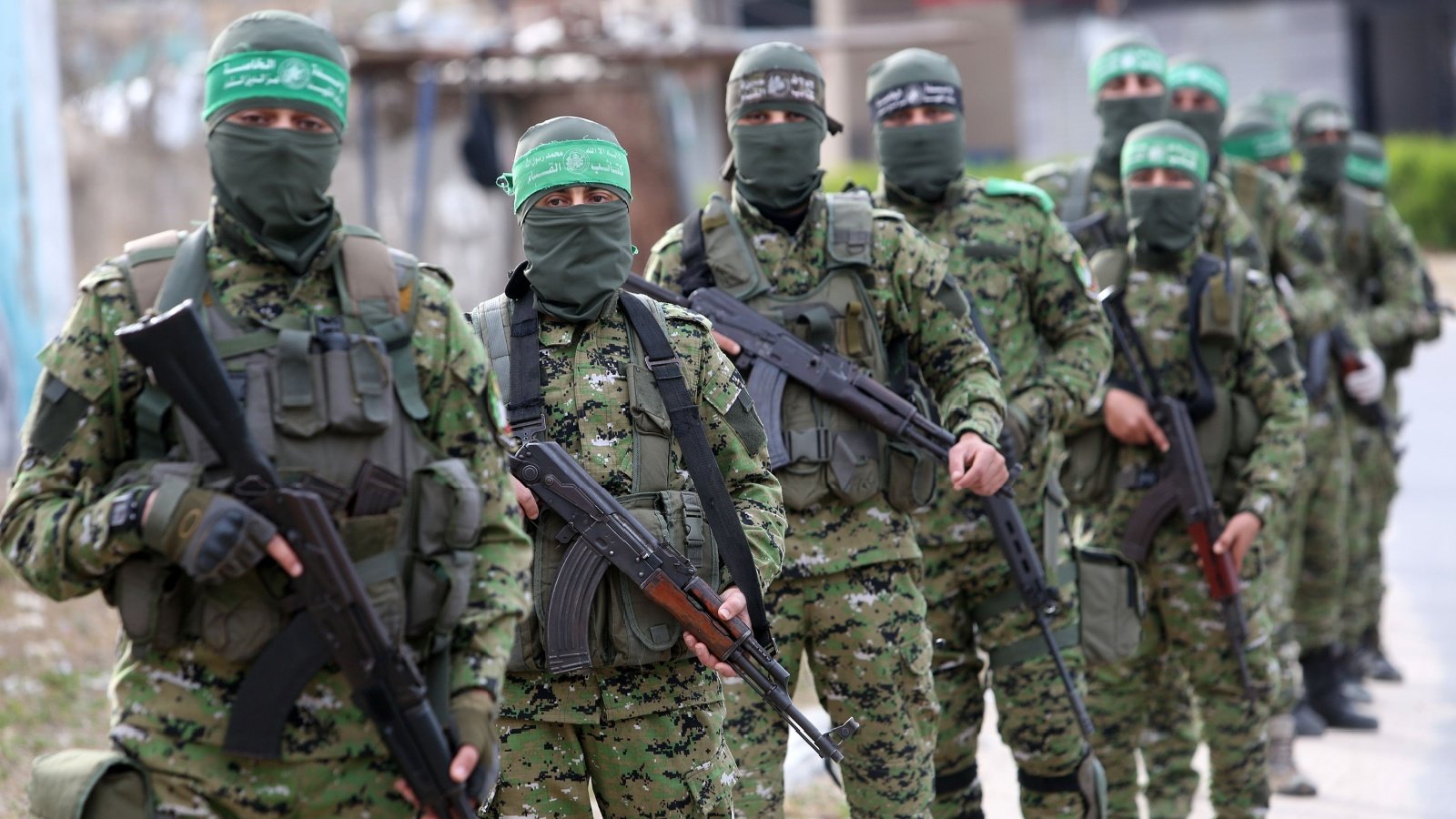
Though many in the international community are hoping and working for a resolution to the state of war in the Middle East, optimism is not enough to secure the ceasefire. There are important issues at stake, including Hamas’s insistence on a permanent ceasefire and Israel’s strategic interest in Gaza, that the sides have not been able to settle on for decades. Even when momentary agreements are reached, there is not a sense of satisfaction of all demands for either side.
Legal Complications

Ceasefire talks may also be complicated by actions of the International Criminal Court, which could hold the sides accountable for acts and atrocities committed in the past six months of the war. Such legal action could affect new avenues of conflict between Israel and Hamas and impede negotiations.
Hostage Situation

The current war began when Hamas invaded Israel and took hostage more than 200 people. Hamas still holds 240 hostages, and Israel has not been willing to accept any negotiated terms that do not return all of the hostages. At one point during a ceasefire in November, Hamas released several hostages, but the remaining hostages have not been released, nor is Israel assured of their safety or the conditions in which they are being held.
New Israeli Concessions
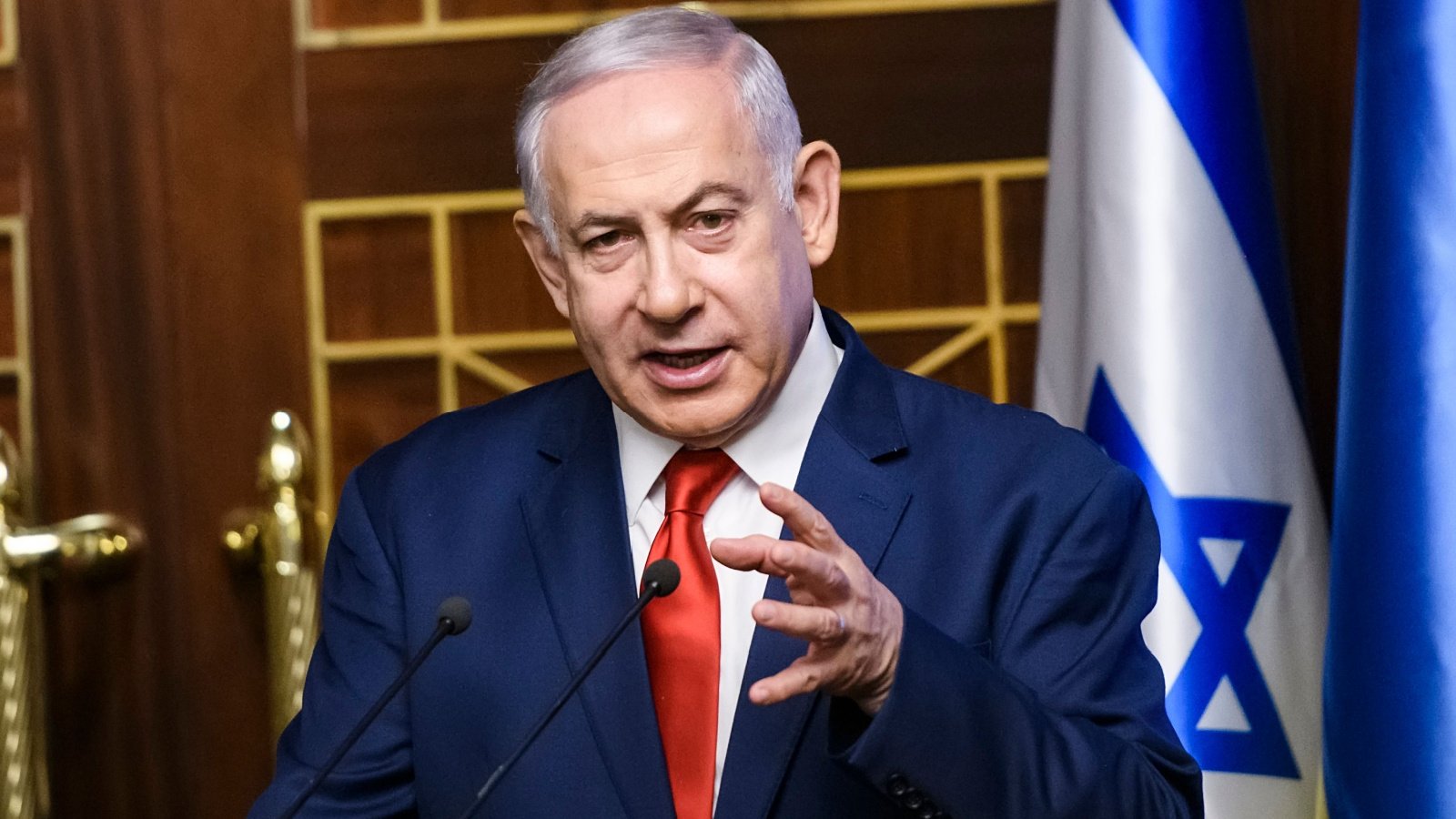
In this newest attempt to effect a ceasefire agreement, Israel has reduced its demand for hostage releases to 33 hostages in the first round of a hostage-prisoner exchange.
Ongoing Conflict

Even as Israel and the international community are hopeful for a negotiated ceasefire, conflict is still ongoing in Gaza. Israel continues to conduct airstrikes, putting pressure on Hamas to enter into an agreement and return the hostages.
Humanitarian Crisis

While the sides languish without a plan for a ceasefire, millions of Palestinians remain displaced, and the infrastructure in Gaza is not suitable to house and manage the large population in need of housing and supplies.
Regional Implications
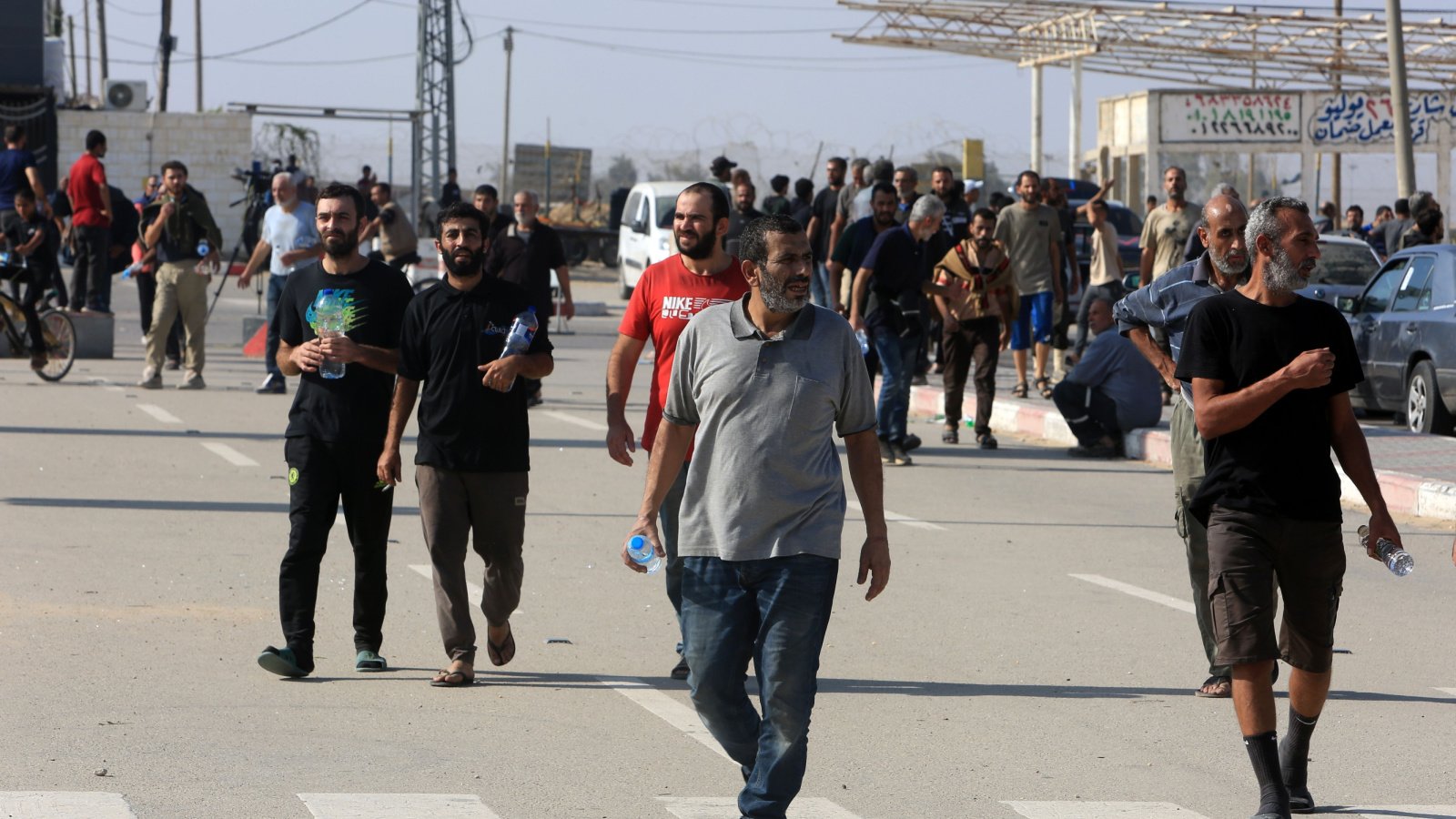
The longer the conflict persists, the more regional neighbors are pulled into the conflict. This puts pressure on neighboring nations to work with Israel and Hamas to find conditions upon which a ceasefire can be established, and neighboring nations can return to a status quo they are more comfortable with.
Diplomatic Engagements

The U.S., through the efforts at the highest level of President Biden and thorough Secretary of State Blinken, has extended its diplomatic efforts to great effect to achieve the end of the ceasefire. The U.S., like other neighboring and ally countries, has a great interest in quelling conflict, promoting humanitarian efforts, and resolving complex regional security issues. As one longer-term solution, the U.S. and many other nations support some form of a two-state solution whereby Palestine is granted an independent sovereign nation status.
Long-term Peace Prospects
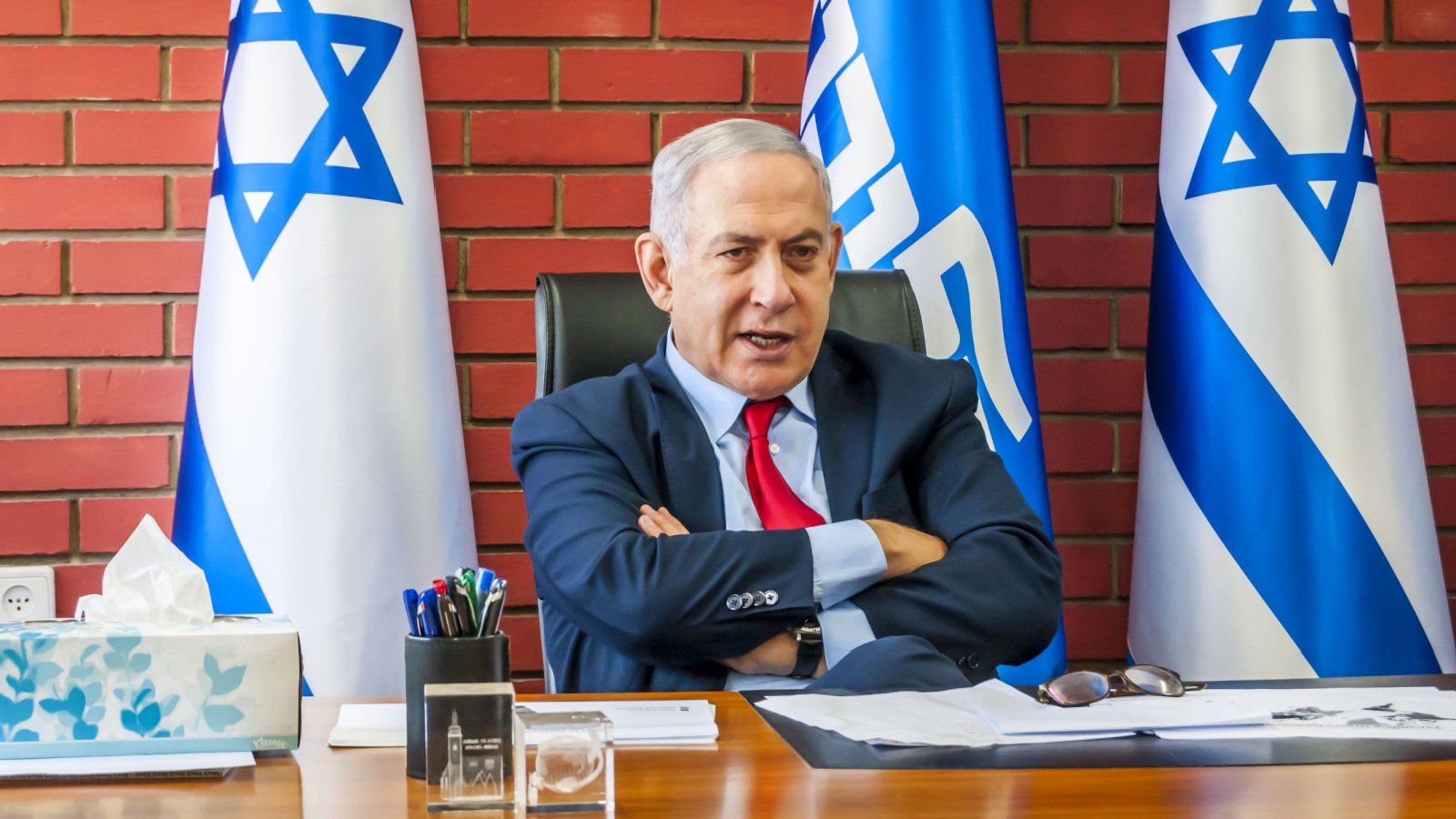
Achieving peace in the Middle East has escaped nearly every U.S. President in modern history. There is a complex set of relationships that need to be achieved, including normalizing relations between Israel and Arab states, ensuring security and strategic alliance from the West for Israel, and cooperating between the Arab States, Israel, and the West. If any one of these foundations is not established, peace will not be assured.



